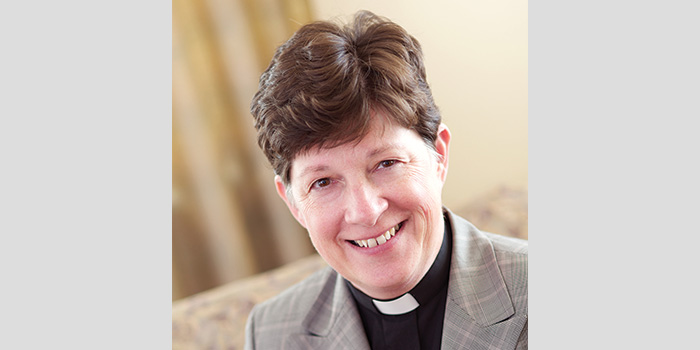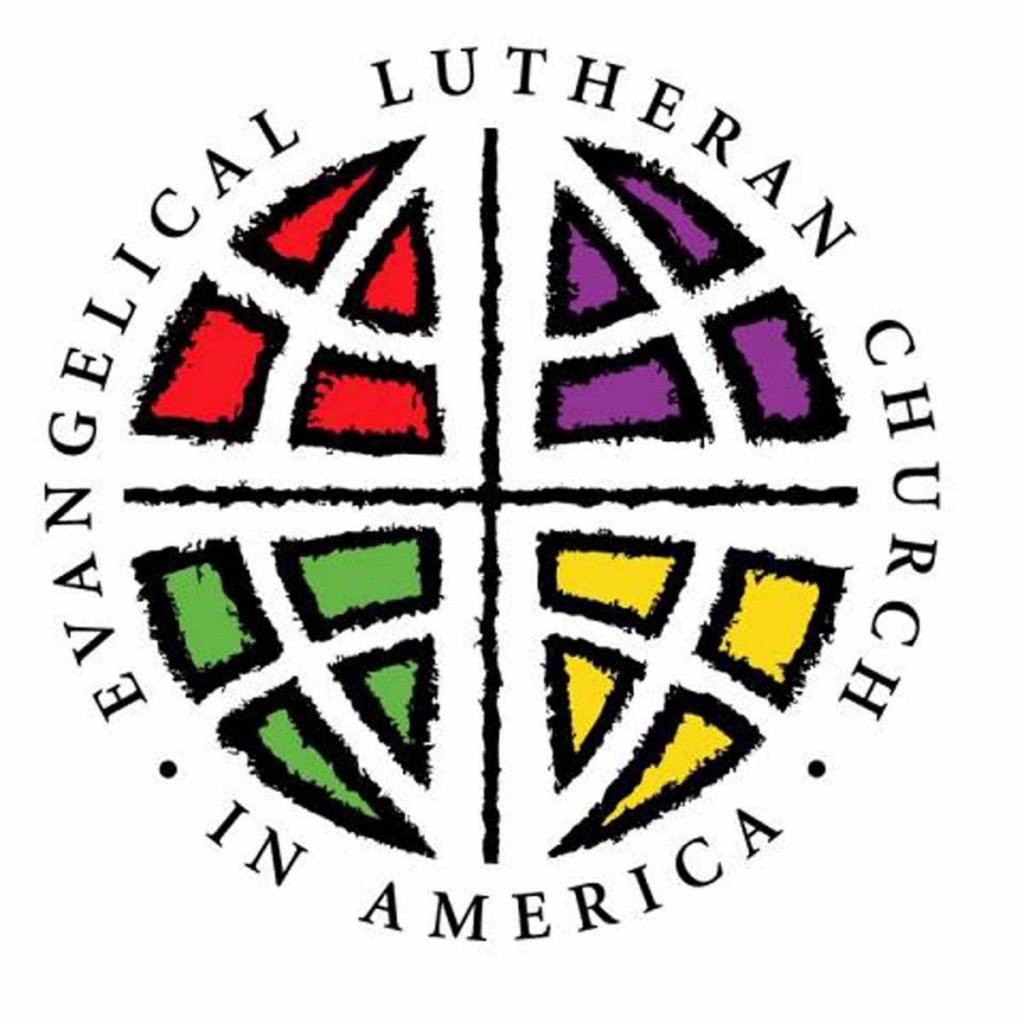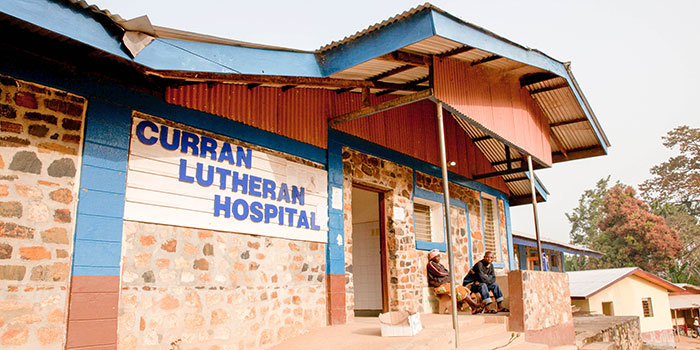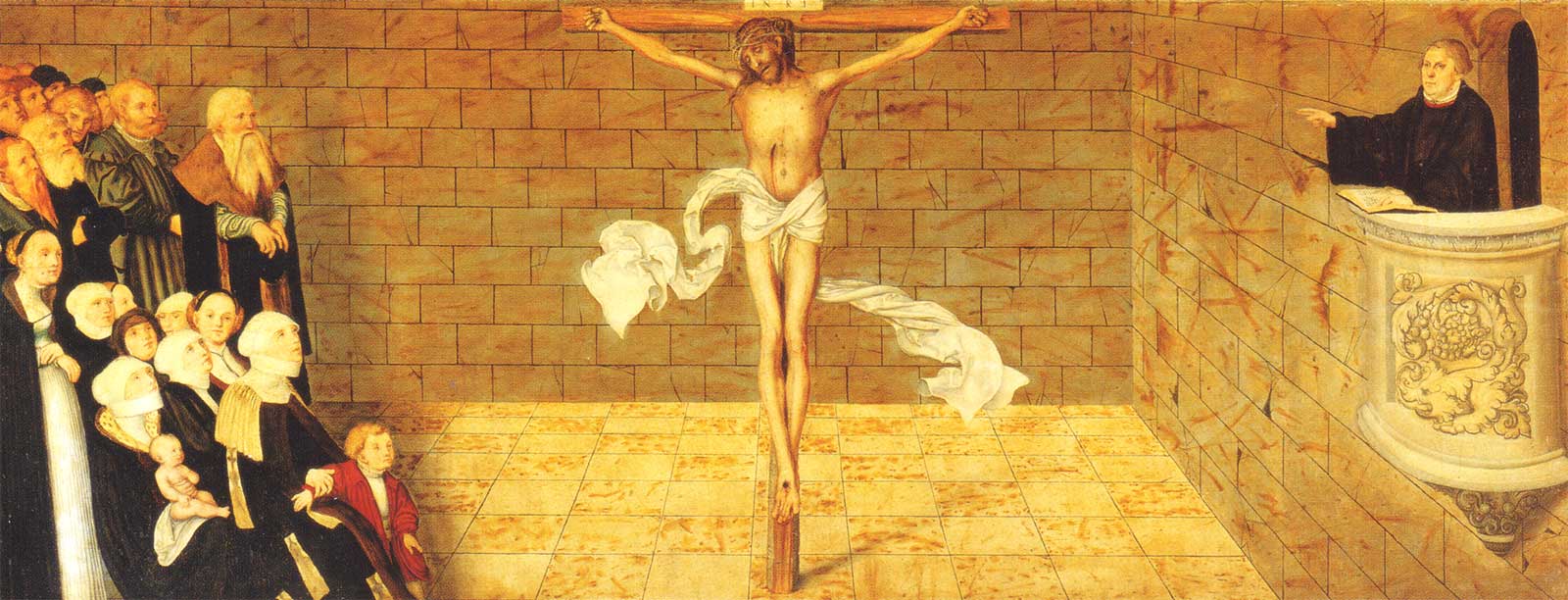Jeremiah 31:31-34, Reformation A, October 26, 2014
Grace and peace be unto you from God our Father and from our Lord and Savior Jesus Christ, Amen.
We are Lutheran. We celebrate our history as a Church. We remember that almost 500 years ago, Martin Luther took a long, hard look at the Bible and realized a multitude of ways that the Catholic church was abusing its authority. With the support of his wife and colleagues, Martin Luther changed the church. Although the Catholic church has slowly adopted Luther’s suggestions over the centuries since his death, the Lutheran church created these reforms.
Martin Luther translated the Bible into German so the laity could study God’s word for themselves. He offered communion to all in wine and bread. Most important of all, Luther preached the grace of God. Luther taught the church that God loves us beyond reason and beyond compare. God gives us eternal life as a free gift because Jesus sacrificed himself for us. Nothing is more important.
We are Lutheran. We continue this legacy. Presiding Bishop Elizabeth Eaton wrote in last year’s article in the November Lutheran, “We are a theology of the cross people in a culture of glory…We are sinners utterly dependent on the crucifixion, which not only destroyed sin and death but put to death the false hope of good intentions and human agency. We are saints made righteous by the cross and joined to the resurrected life of Christ that makes it possible for us to bear God’s creative and redeeming word to the world.” (p. 70)
In this month’s Lutheran magazine, the cover article is about “The ELCA’s Aging Clergy Wave.” The Baby Boomer generation is nearing retirement, and as is happening in many industries, they will leave a huge gap in their wake. Thousands of pastors are set to retire in the next ten years, and the seminaries will not produce enough pastors to fill the void.
This article calls the Boomer pastors, “the all star team,” and the last who were ordained before the ELCA merger. Yes, these pastors have served countless years in their ministry doing the work of the Holy Spirit. Yet haven’t we as a church proclaimed that we are “Always being made new”? This large swath of clergy retiring isn’t a tragedy - it is an opportunity!
The world has changed a lot in the ELCA’s twenty-seven year history. With the rise of technology, the internet, and secularism, people are more connected and less attached than ever before. As the world is adapting around us, we the church has been slow to reform with it.
The Lutheran church is changing, though. There are unique ministry opportunities popping up across the country. In Denver, Colorado, Nadia Bolz-Webber started the House for all Sinners and Saints. In particular, she reaches out to the homosexuals, the transgender, the recovering addicts, and others whom the church usually rejects. She understands and shares God’s grace in beautiful ways. Grounded in Lutheran theology and liturgy, this congregation is completely traditional and untraditional at the same time.
In St. Paul, Minnesota, Margaret Kelly started Shobi’s Table, a food truck ministry that caters to the poor and homeless. This food truck, run by volunteers most of whom were homeless, offers healthy free lunches to all who stop by. Then Kelly offers worship and Bible study for any who want to hang around. This ministry, supported by a grant from the ELCA, reaches people who might never step foot into a traditional congregation.
In Seattle, Washington, an established congregation, Gethsemane Lutheran Church, took a bold move of faith. They tore down their old building downtown and in its place built a homeless shelter. Their investment in their building serves the community, not just their congregation.
These are just three examples of how congregations continues to adapt and reform the world around us. Yet congregations are only one part of the Lutheran church. As Bishop Eaton wrote, “We are a church together. There is no way that the churchwide organization or synod offices can be with the saints and be present in the communities where our churches are planted. The local congregation does that. But there is no way that the local congregation by itself can run camps, train leaders, engage in disaster response or accompany global companions. That is the work we do together as synods, agencies, colleges, seminaries and the churchwide organization.” (Lutheran, November 2013, p. 70)
One example of this is the ELCA Lutheran Disaster Response’s aid for Ebola relief in West Africa. Since the first case of Ebola arose in America, our media has completely neglected to cover the continued problems of Ebola in Guinea, Sierra Leone, and Liberia. Yet Lutheran Disaster Response has not forgotten the thousands who are dying. They have shared over $100,000 to help feed those in isolation and contain this epidemic.
You certainly can read more stories like this in the Lutheran magazine, Stories of Faith and Action, Seeds for the Parish, and other publications of the ELCA, many of which are available in the Narthex.
We are Lutheran, and we continue to reform. Our church is forever changing, and I am the very proof of it. I was born the same year that the ELCA was formed. Some may consider this a drawback, yet I consider it a blessing. I do not know whose feelings were hurt when the churches merged. I do not know what traditions were lost. What happened before the merger is not in my living history, so I can move forward. To me, the ELCA is not a combination of older church bodies. To me, the ELCA is home.
I can look to the future, hoping to help us together innovate and invigorate this church. You have already seen me create a Facebook page and weekly emails so that we have a presence on the internet. The passion for the love of God is still among us, even if it will look different in the years to come. I know that this church needs to continue reforming to remain alive, and I hope to guide you along the way.
Our Lutheran heritage began in 1517 when Martin Luther nailed his 95 theses to the Castle Church door in Wittenberg, Germany. In the Town Church across the way, there is this altar. It was created by Lucas Cranach the Elder to capture the essence of the Reformation. Most important of all is the painting just above the altar. Here you see Martin Luther on the right standing in the pulpit preaching. The congregation is on the left, listening intently. In the center, the focus of all their attention, is Christ crucified.
Christ is at the center. Luther is pointing to him. The congregation is focused on him. This is the message of the Reformation. Put Christ at the center of your lives. Embrace Christ’s death on the cross and the life that you experience because of it. Love God, and know that God loves you. Through Christ, and renewed by Luther, God has formed a covenant with us. God is always making us new. Amen.
















No comments:
Post a Comment